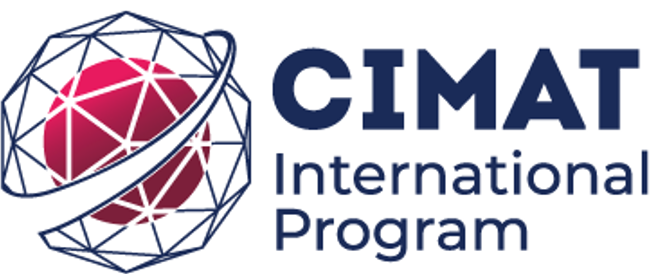| SPRING SEMESTER |
Mathematical Tools for Data ScienceData science is about learning from data. It is rapidly emerging as a fundamental pillar of our digital society. Positioned at the intersection of Applied Mathematics, Computer Science and Statistics, it demands an integrated approach, where individuals possess solid knowledge and a sound intuition of how to handle (complex) data with uncertainty, how to formulate pertinent questions, and how to solve them using mathematical modeling and efficient numerical algorithms, taking advantage of specialized software. The MSSG Spring Semester offers a range of courses aimed at strengthening these indispensable skills. Special emphasis is placed on project-based learning, allowing students to put their knowledge into practice and gain hands-on experience. Click on the tiles below to see details of each course of the Spring Program Design of Algorithms Probability and Statistics Numerical Optimization and Machine Learning Geometric and Graphing Tools Software Tools for Data Science
Other courses, including an Independent Research Project, might be offered depending on the academic background of the students admitted to the program. The minimum course load is three mathematics courses per semester. A one-week workshop on computational tools for data science is organized at the beginning of the semester if required. Other courses, including an Independent Research Project, might be offered depending on the academic background of the students admitted to the program. The minimum course load is three mathematics courses per semester. A one-week workshop on computational tools for data science is organized at the beginning of the semester if required. In 2023, a Data Science Kitchen was organized as part of the Spring Semester and was open to all CIMAT students. |
| SEMESTER GOALS & OBJECTIVES |
The aim of this semester is to learn and master the mathematical and computational foundations necessary for students to deepen their knowledge and practical skills in areas related to Data Science. By the end of the semester, students should:
|
| GENERAL REQUIREMENTS |
Successful applicants will:
|


